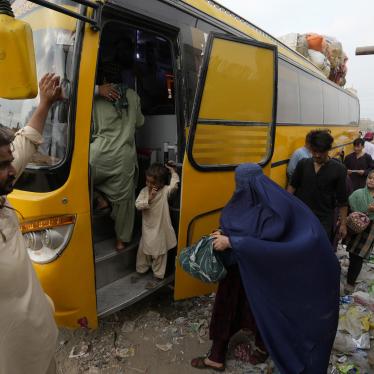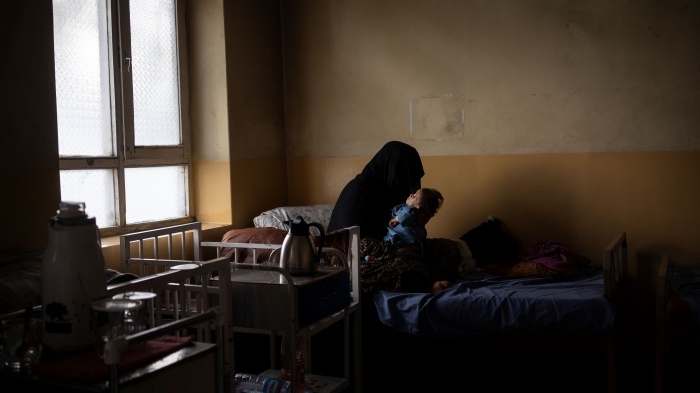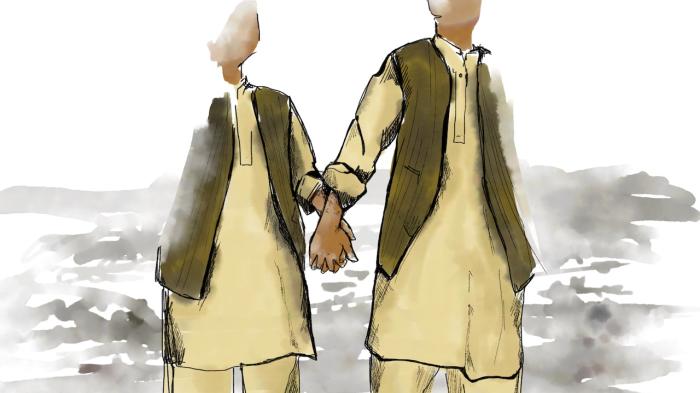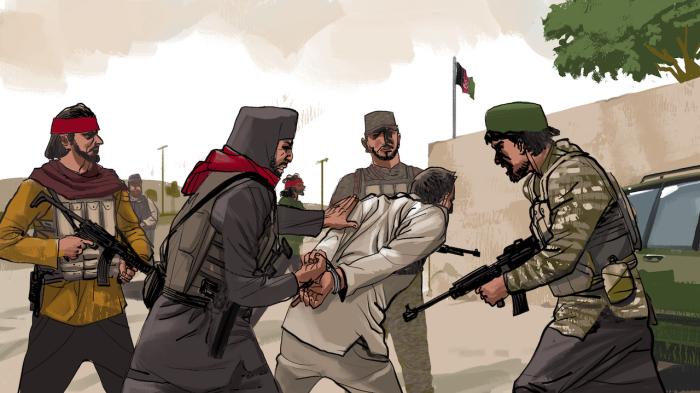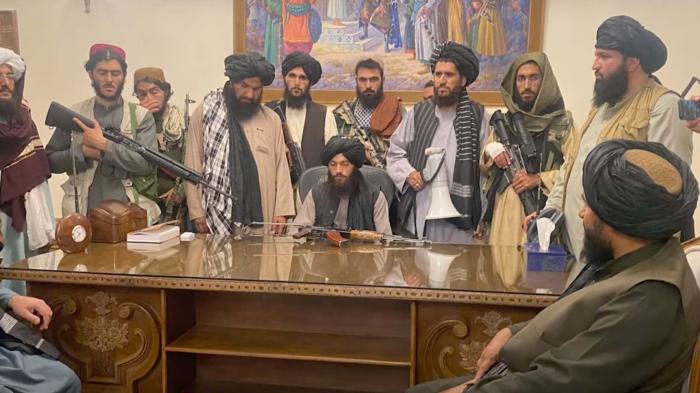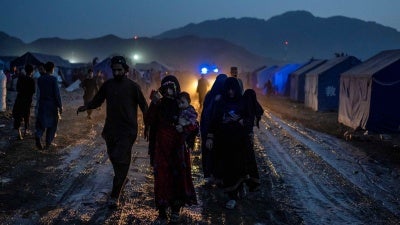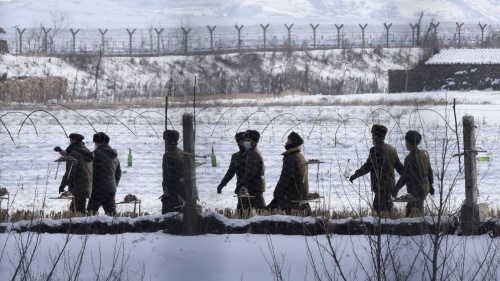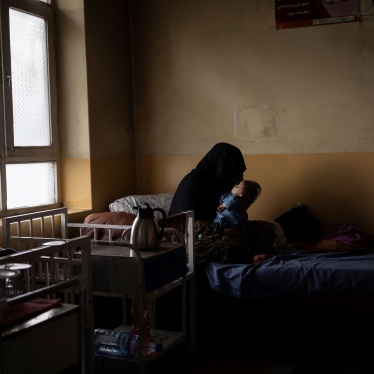
Afghanistan
Since taking power in August 2021, the Taliban have imposed policies severely restricting rights—particularly those of women and girls. They have banned women from many forms of employment and prohibited girls and women from attending secondary school and university. The Taliban have also carried out broad censorship and have detained and tortured journalists and activists. Groups affiliated with the Islamic State have carried out bombings targeting ethnic Hazaras-Shias and others, killing and injuring hundreds.
The Afghan economy collapsed after August 2021 when the US, World Bank, and other donors cut off foreign development assistance. Over 90 percent of the Afghan population faces food insecurity along with a rise in malnutrition-related disease.
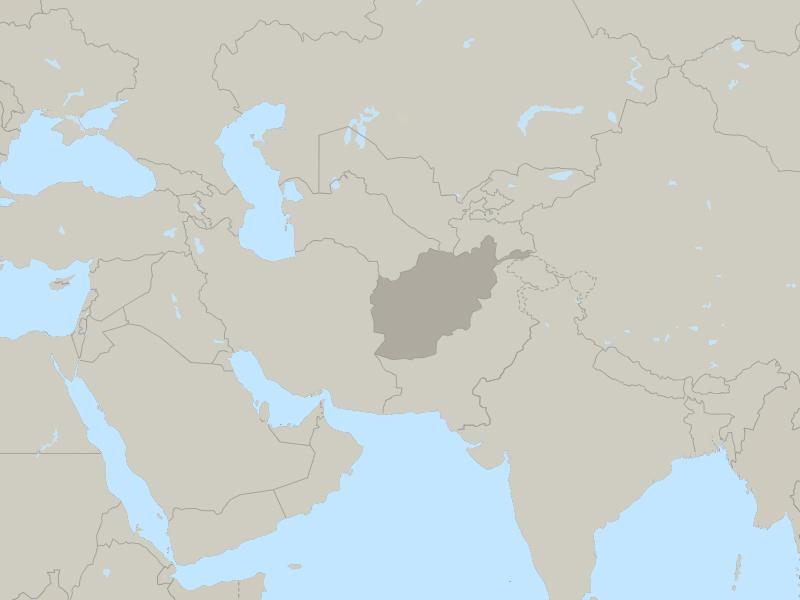
Videos
Videos-

-
December 6, 2023
“Schools are Failing Boys Too”
The Taliban’s Impact on Boys’ Education in Afghanistan
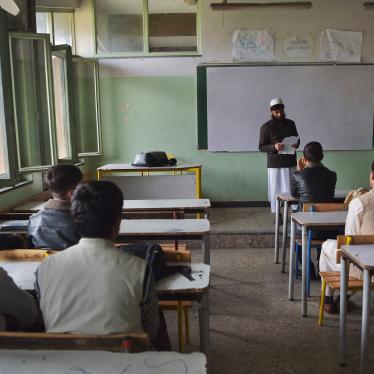
-
March 15, 2023
UAE: Arbitrarily Detained Afghans Stuck in Limbo
Deprived of Freedom with Little Prospect of a New Life
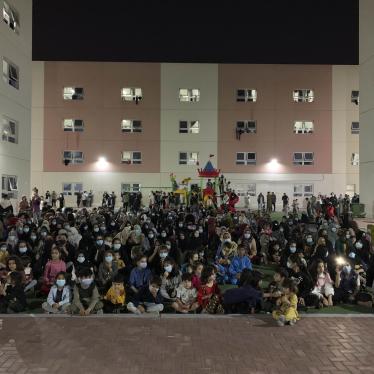
-
November 18, 2022
“No One Asked Me Why I Left Afghanistan”
Pushbacks and Deportations of Afghans from Turkey
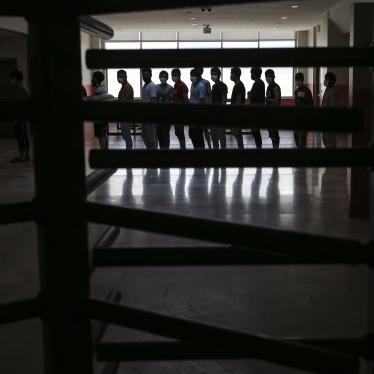
News
-
-
February 6, 2024
The Taliban and the Global Backlash Against Women’s Rights
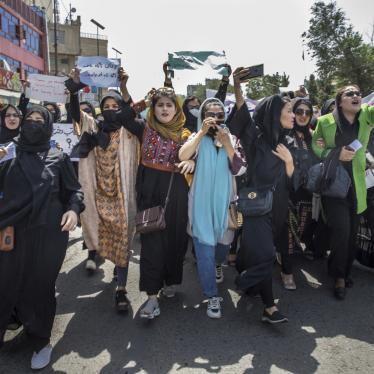
-
January 31, 2024
Could World Court Address Women’s Rights in Afghanistan?
International Court of Justice Possible Venue to Challenge Systematic Taliban Abuses
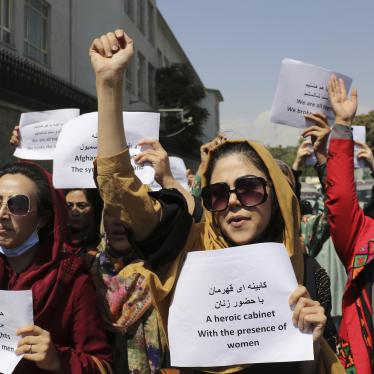
-
January 11, 2024
Afghanistan: Worsening Taliban Repression Erodes Rights
Economic Crisis Puts Millions at Risk
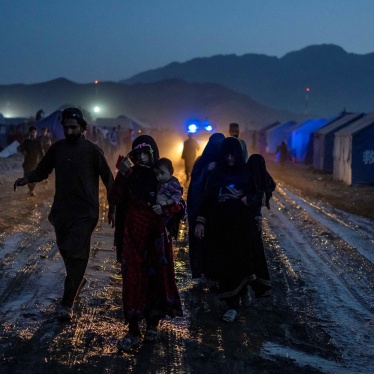
-
December 13, 2023
Refugee Forum: Drop Bureaucratic Barriers to Education
Paperwork Is Keeping Children Out of School
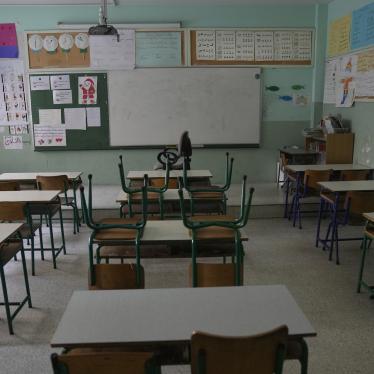
-
December 5, 2023
Afghanistan: Taliban Schools Also Failing Boys
Educational Policies Not Just Hurting Girls, Women

-
November 30, 2023
Women’s Rights Activists Under Attack in Afghanistan
Taliban Arbitrarily Detains, Threatens, Tortures Women Protesters

-
November 28, 2023
Pakistan: Widespread Abuses Force Afghans to Leave
Surge in Expulsions, Deportations Creates Humanitarian Crisis
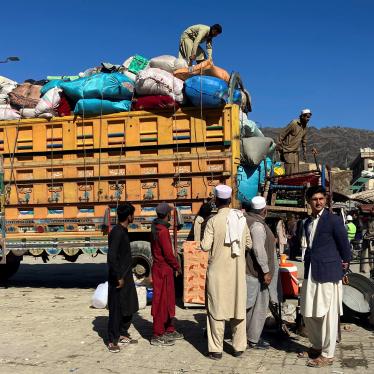
-
October 31, 2023
Pakistan: Afghans Detained, Face Deportation
End Coercion, Abuse, Forced Return of Refugees
-
October 12, 2023
Pakistan: Drop Threat to Deport Afghans
Failed Promises by Countries to Provide Resettlement Heighten Risks
